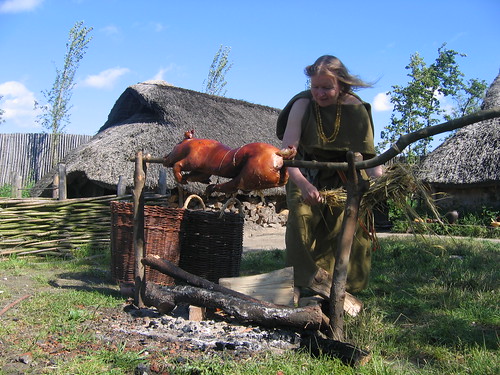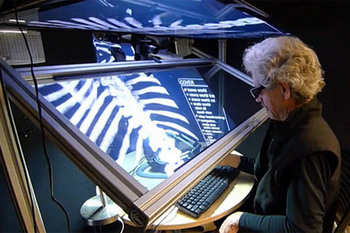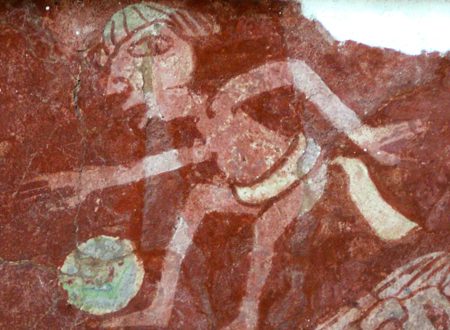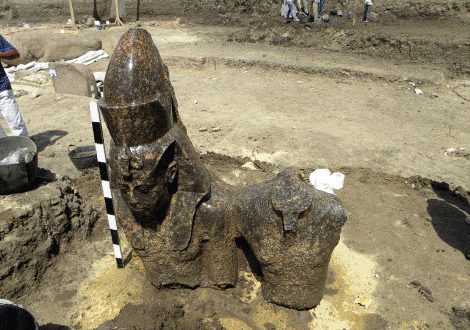 Evidence of early Iron Age settlements and Roman remains have found at Sutton borough, south London.
Evidence of early Iron Age settlements and Roman remains have found at Sutton borough, south London.
The infant burials and animal remains uncovered across the site are believed to be over 2000 years old.
The discoveries were made by workmen laying the foundations for the new Stanley Park High School on the former site of Queen Mary’s Hospital.
The site lies less than 100m to the northwest of one of the largest 150m in diameter Late Bronze Age hilltop enclosures in southeast England, discovered in the early 20th century.
The archaeological remains are typical of a late Iron Age and early Roman farming settlement. Likely, the area was once a small farming community made up of earth and timber roundhouses with thatched roofs.
The excavations have also uncovered Romano-British enclosures, numerous postholes and pits, many containing multiple animal burials.
“A very large number of domestic animal skeletons have been recovered – including horses, cattle, pigs, sheep, goats and dogs, says Duncan Hawkins, lead archaeological consultant.
These animals which were either whole or partly dismembered appear to have been deliberately sacrificed and deposited in deep (up to 4m) pits cut into the chalk bed rock.
“This may represent some form of ‘closure’ ritual when the settlement passed out of use with the pits perhaps originally representing grain stores.”
Iron Age features, including a possible livestock pathway, shallow gullies and pits were also identified.
The finds will contribute to our understanding of early life in Britain and Greater London where much other evidence of these periods has been destroyed by earlier development (Top 10 Most Important Ancient Discoveries in London).
The school hopes that the discoveries can be shared with the pupils and used for inspiration in history lessons.
“Building work for our super new school continues while careful excavations are carried out. We are keen to learn more about the artefacts and stories behind them after they have been fully analysed – it will really help to bring ancient history to life for local children when they attend their new school,” says Graham Tope from Sutton Council.
Curious whatlife was like inIron Age Britain? Head to Cheshire this Saturday to celebrate the opening of their new prehistoric dwelling at the Iron Age Open Days. The free event will include demonstrations of Iron Age techniques such as making fire, bread and Iron Age jewellery, with an opportunity to have a go yourself.




